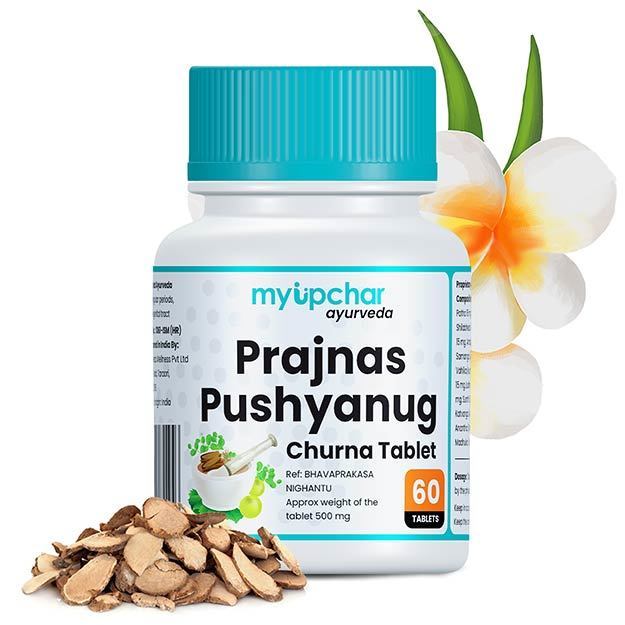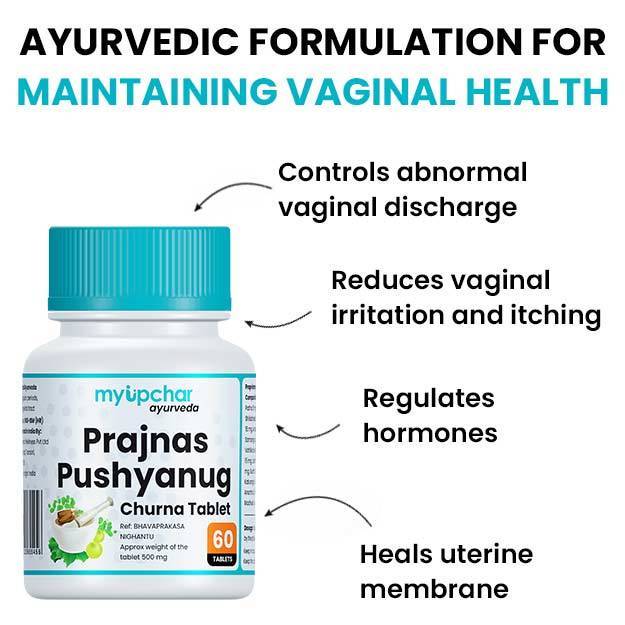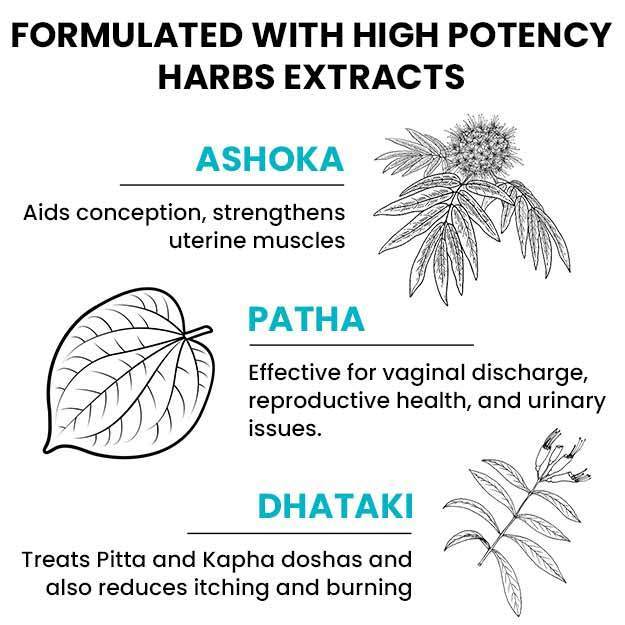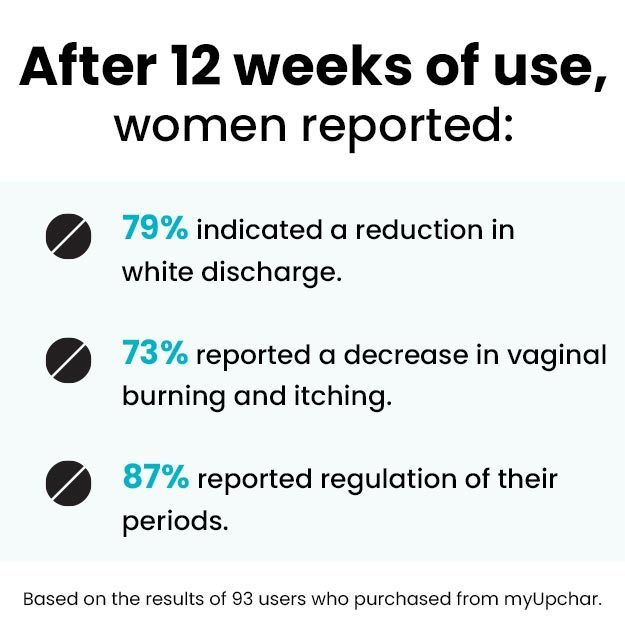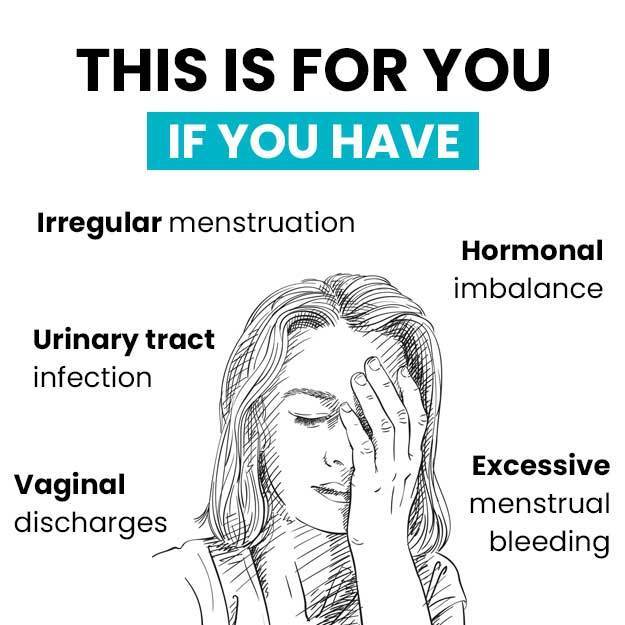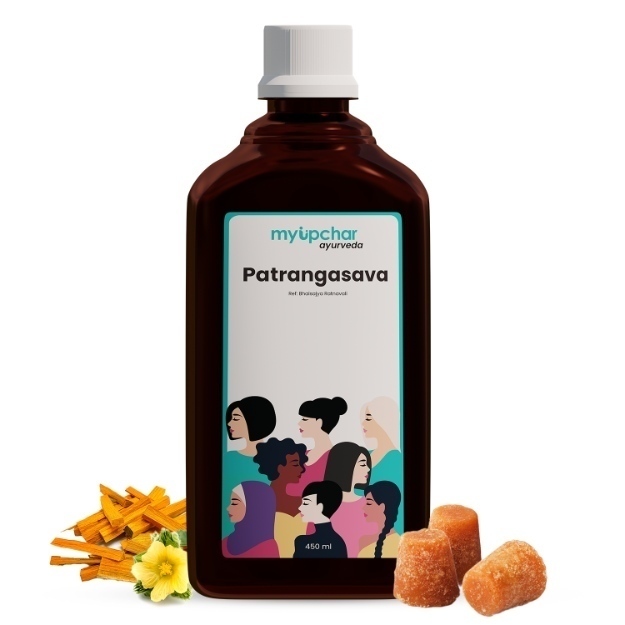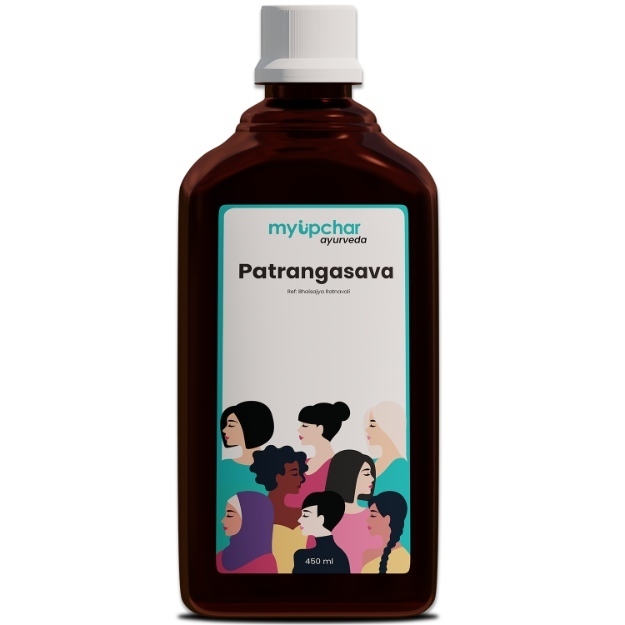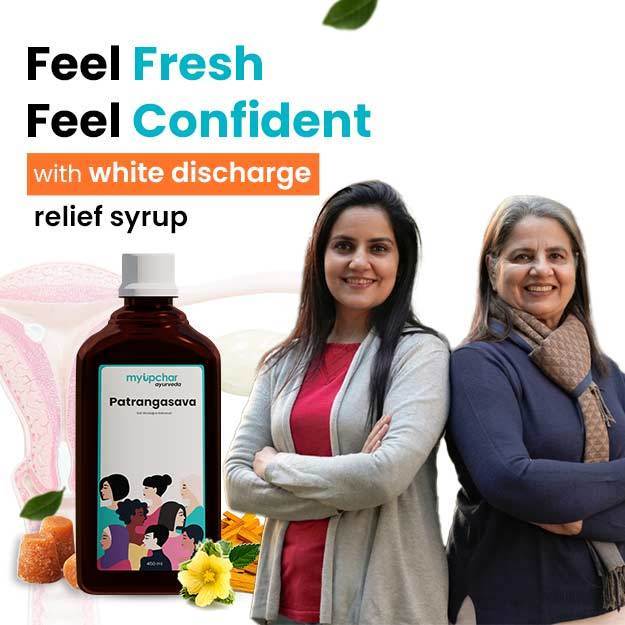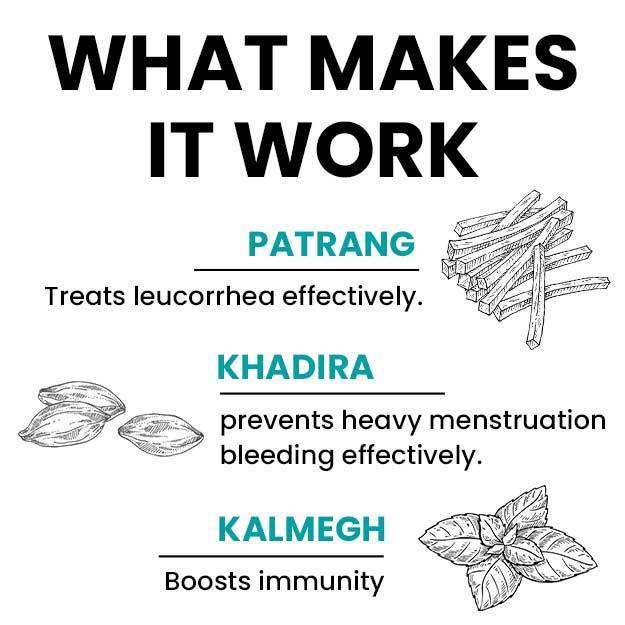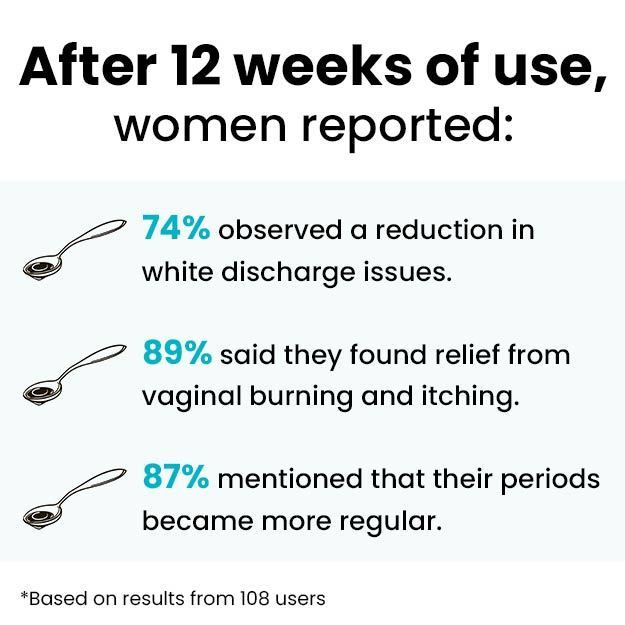Allergies are typically an overreaction of the immune system to foreign substances or allergens such as bacteria, viruses, pollens or dust. Allergies may be seasonal such as hay fever or it may cause chronic diseases like eczema and asthma. In some cases a person may even succumb to a life-threatening allergic reaction known as anaphylaxis. Anaphylactic reactions are more prevalent in case of insect bites, food allergies and drug allergies. Symptoms of allergy vary according to the allergen involved and part of the body affected. However, common allergy symptoms include sneezing, itching or coughing.
Allergens like pollen and dust, when inhaled, result in stuffy and itchy nose and throat, wheezing and cough. Allergens targeting the eyes cause itchy, watery, swollen and red eyes. Skin shows allergic response in the form of rashes, itching or blisters. Food allergy manifests in the form of abdominal cramps, diarrhoea, nausea and vomiting. Allergy to a drug usually manifests in the form of generalised symptoms.
Ayurveda addresses allergy by clearing all ama (toxins) from the body. Ayurvedic treatment for allergies aims at improving digestive fire, promoting detoxification and restoring immune function to bring the body back into equilibrium. Ayurvedic herbs like vasa (Malabar nut), haridra (turmeric), adraka (ginger), yashtimadhu (mulethi), krishnakeli (marvel of Peru) and pippali (long pepper) and herbal formulations like sitopaladi churna and trikatu churna (a powdered combination of the three acrids – pippali, shunthi [dried ginger] and maricha [black pepper]) are used for the treatment of allergy. Procedures such as pachana (digestion), snehapana (consuming oil or ghee) and vamana (medical emesis) are employed for alleviating allergy symptoms.
- Ayurvedic view of allergy
- Ayurvedic treatment for allergy
- Ayurvedic herbs and medicines for allergy
- Dietary and lifestyle changes for allergy patient as per ayurveda
- How effective are ayurvedic medicines and treatments for allergy
- Side effects and risks of ayurvedic medicine and treatments for allergy
- Takeaway
Ayurvedic view of allergy
Allergy is called pratyurjata in Ayurveda and is categorised among kapha-dominant conditions. It is identified as a disorder of the immune system which is caused due to poor digestion of food, poor metabolism of nutrients (ama-visa) and exposure to environmental pollutants (dushi-visa). Poor digestion leads to accumulation of unwanted toxic materials (ama) and blocking of body channels. This, in turn, elicits a hypersensitive immune response that manifests in the form of common allergy symptoms.
Allergy is diagnosed on the basis of a history of allergic reactions caused due to associated exposure to certain chemicals and organic materials.
Ayurvedic treatment of allergy involves avoiding exposure to the cause of the condition (allergens), providing medications and treatments to cleanse the body, and lifestyle and dietary changes for relieving symptoms. It aims at improving digestion and cleansing toxins from the gastrointestinal tract. Treatment procedures like emesis and pachana are used for alleviating allergy symptoms. Along with herbs and herbal formulations, it is advisable to include kapha-suppressing food items to ascertain a quick recovery.
Ayurvedic treatment for allergy
- Pachana
- This procedure involves the administration of various herbs for stimulating digestion. These herbs are usually administered as an infusion with ghee (clarified butter)
- Pachana herbs treat imbalances in the digestive fire that causes accumulation of ama and ultimate allergy.
- Snehapana
- This procedure involves the consumption of medicated ghee or oil for soothing and nourishing the gastrointestinal system.
- Mustard oil, flaxseed oil or canola oil is used to perform senahapana in kapha-dominant diseases.
- Ghee administered with trikatu churna is known to be beneficial in allergies.
- The procedure lasts for 3 to 7 days.
- Successful snehapana results in improved bowel movements and excretion, mental clarity, enthusiasm and increase in strength.
- Vamana
- Vamana involves the elimination of toxic materials from the upper parts of body by expelling kapha and pitta dosha through oral route.
- Vamana is done regularly for a certain period of time to expel waste materials from stomach. In addition, it also eliminates toxins and mucus from all body channels and chest region.
- Herbs like pippali, madanaphal (emetic nut tree) along with rock salt or warm water are used to eliminate the excess kapha in persons with allergy.
- Vamana is usually done one day after snehapana, either after a good sleep, after food is digested or after sunrise.
- This procedure induces clarity and calmness in the mind. It also leads to an improved digestion and improvement in disease symptoms.
Ayurvedic herbs and medicines for allergy
Ayurvedic herbs for allergy
- Vasa
- Vasa is used in the treatment of diseases associated with respiratory, circulatory, nervous and digestive systems.
- It is administered in the form of a decoction, powder, infusion or poultice.
- Vasa is effective in the management of cough, bronchitis, and kapha associated with allergy.
- Adraka
- This herb acts as a digestant (promotes digestion), expectorant (expels phlegm) and stimulant.
- Adraka is taken along with honey in order to treat kapha disorders.
- It is usually administered in the form of a decoction, paste or juice.
- When consumed in the form of a spiced tea, it is useful in the treatment of vata-associated allergy.
- Haridra
- This herb grows extensively throughout India.
- The rhizome and tuber of haridra have proven to be extremely useful for treating various illnesses.
- Haridra has anti-inflammatory and antibacterial properties and is helpful in providing relief from the common symptoms of allergy.
- Curcumin, an extract from the rhizome of haridra has anti-asthmatic properties and is found to be effective in reducing airway inflammation associated with allergy.
- Yashtimadhu
- Also termed as jalayashti or madhu, the root of this herb acts as an emetic (induces vomiting), rejuvenator and tonic.
- It is an excellent blood purifier and removes excess kapha from stomach and lungs.
- Liquorice is useful in relieving the symptoms of cough, bronchitis, laryngitis and cold associated with allergy.
- This herb is taken with warm water after meals for relieving allergy symptoms.
- Pippali
- This herb is indigenous to northeastern and southern India.
- Pippali fruit has analgesic and carminative properties and is administered in the form of powder, oil or infusion. It is useful in the treatment of cough, bronchitis and cold associated with allergy.
- Krishnakeli
- Krishnakeli grows well in marshy areas. Its leaves are used in traditional medicine for treating a number of diseases.
- This herb is administered in the form of juice mixed with water as a solvent.
- It is beneficial in the treatment of allergic skin diseases, asthma and other allergic symptoms.
Ayurvedic medicines for allergy
- Sitopaladi churna
- This medicine is prepared from sugarcane, pippali, ela (cardamom) and twak (cinnamon).
- It is one of the most common herbal formulations used in the treatment of allergy and upper respiratory tract diseases.
- Sitopaladi churna possesses anti-inflammatory and anti-histaminic properties that are effective in relieving symptoms of allergy.
- Trikatu churna
- Trikatu churna is prepared from maricha, pippali and shunthi.
- To reduce allergy symptoms, it is used for pachana in order to remove accumulated toxins from the digestive system. It is administered in the form of a churna (powder).
- Trikatu churna should be given daily before meals for relieving allergies, skin diseases and respiratory conditions.
Dietary and lifestyle changes for allergy patient as per ayurveda
Do’s
- Consume fresh fruits and vegetables.
- Opt for warm water rather than cold. Adding lemon juice to warm water is also beneficial.
- Take large or heavy meals during the day and a lighter meal in the evening.
Don’ts
- Identify and avoid exposure to allergens.
- Avoid wheat and dairy products.
How effective are ayurvedic medicines and treatments for allergy
A lab study conducted to justify the use of sitopaladi churna in the treatment of allergy suggested that this medicine is effective in suppressing mast cell degranulation, an immune reaction to allergen exposure, which is responsible for allergy symptoms.
Another study on the herb vasa indicates that this herb provides pronounced protection against allergen-induced bronchial obstruction.
A clinical study was conducted on 32 participants to assess the effectiveness of pippalyadi nasya and haridra khanda on persons with allergic rhinitis. Participants were divided into 2 groups. Group A was treated with haridra khanda and group B was treated with harida khanda and pippalyadi taila nasya. The study reports of improved health in participants of both groups. All participants experienced considerable relief from symptoms of allergic rhinitis.
Side effects and risks of ayurvedic medicine and treatments for allergy
Although Ayurvedic treatments do not have any side effects, it is always advisable to consult an Ayurvedic physician before undergoing any treatment procedure or consuming any herbal medications. Depending on individual prakriti, certain medicines and herbs lead to some side effects. For example:
- Snehapana should be done with caution in persons with abdominal enlargement, indigestion, acute fever, weakness, anorexia, obesity or fits. Extra care should be taken if the procedure is done immediately after basti (enema), vamana or purgation.
- Vamana should not be performed in pregnant women, persons with excess vata or vata obesity, hypertension or open wounds. It should be avoided in elderly persons and children.
- Yashtimadhu should not be consumed with boiled milk. It is not advisable for pregnant women, persons with hypertension or osteoporosis.
- Haridra should be taken with caution in case of aggravated pitta, dehydration, severe exhaustion and pregnancy.
- Adraka may aggravate inflammatory skin diseases, ulcers, fever and bleeding. It should, therefore, be avoided in such conditions.
- Excess consumption of pippali may increase pitta dosha, so, it is not recommended in persons with vitiated pitta.
Takeaway
Allergies occur due to a hypersensitive response of immune system against foreign substances like dust, pollen and mites. Ayurveda aims at restoring the hampered immune system to prevent and treat allergy. It holds environmental pollution and accumulation of toxins within the body responsible for the development of allergy. Along with avoiding exposure to the allergen, herbs, herbal medicines and specific Ayurvedic procedures aid expelling toxins thereby relieving allergy symptoms. Dietary modifications such as including kapha-suppressing foods in your diet also help in the management of allergies.
Find Ayurvedic Doctor in cities
Doctors for Ayurvedic medicine, treatment and remedies for Allergy

Dr. Ayush Bansal
Ayurveda
2 Years of Experience

Dr. Megha Sugandh
Ayurveda
6 Years of Experience

Dr. Nadeem
Ayurveda
3 Years of Experience

Dr.Ashok Pipaliya
Ayurveda
12 Years of Experience
References
- MedlinePlus Medical Encyclopedia: US National Library of Medicine; Allergies - overview.
- Nishant Singh. Panchakarma: Cleaning and Rejuvenation Therapy for Curing the Diseases. Journal of Pharmacognosy and Phytochemistry Vol. 1 No. 2 2012
- Chawardol Seema, Jain Sapan. Clinical Evaluation Of Haridra Khanda & Anu Tail Nasya In The Management Of Allergic Rhinitis. International Journal Of Ayurveda & Alternative Medicine. Volume 1, Issue 1, 2013.
- Reena Kulkarni. Concepts and Prospects of in Children. Journal of Indian System of Medicine. Joinsysmed 2015 vol 3(4), pp 175-179.
- Dr. Nisha Kumari Ojha,Dr. Satyendra Kumar Tiwari. Ayurveda Drugs for Management of Respiratory Allergic Disorders: A Short Review. International Journal of Innovative Research and Development. November, 2014 Vol 3 Issue 11
- Dr. Nisha Kumari Ojha,Dr. Satyendra Kumar Tiwari. Ayurveda Drugs for Management of Respiratory Allergic Disorders: A Short Review. International Journal of Innovative Research and Development. November, 2014 Vol 3 Issue 11
- Kadir MF et al. Ethnopharmacological Survey of Medicinal Plants Used by Traditional Healers and Indigenous People in Chittagong Hill Tracts, Bangladesh, for the Treatment of Snakebite. Evid Based Complement Alternat Med. 2015;2015:871675. PMID: 25878719
- Tabassum N, Hamdani M. Plants used to treat skin diseases. Pharmacogn Rev. 2014 Jan-Jun;8(15):52-60. PMID: 24600196
- Makhija IK, Shreedhara CS, Ram HN. Mast cell stabilization potential of Sitopaladi churna: An ayurvedic formulation. Pharmacognosy Res. 2013 Oct;5(4):306-8. PMID: 24174826
- Shailajan Sunita et al. Standardization of an Ayurvedic Formulation: Trikatu Churna Using Bioanalytical Tools. International Journal of Research in Ayurveda and Pharmacy 2(6) 1676-78.
- Chhaya Bhakti. A Clinical evaluation of Haridra Khanda & Pippalyadi Taila Nasya on Pratishyaya (Allergic Rhinitis). An International Quarterly Journal of Research in Ayurveda 2009 ,Volume : 30, Issue : 2 Page : 188-193
















